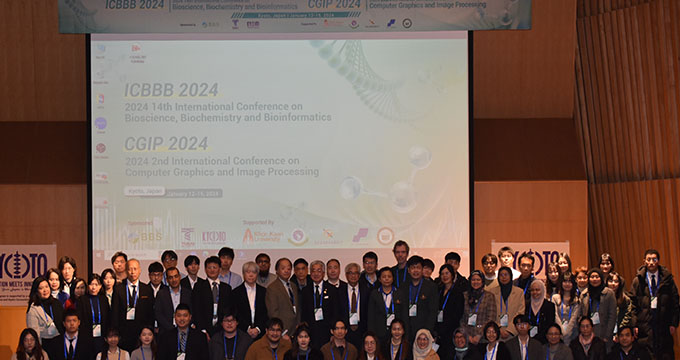Submitting to an academic conference can be a rewarding step for researchers, but many first-time authors ask: Is it easy to get accepted into academic conferences? The answer is—it depends. Acceptance depends on the conference tier, paper quality, and submission strategy. Here's a breakdown of what impacts your chances and how to improve them.

Academic conferences are typically categorized into:
Top-tier conferences (e.g., well-known IEEE or ACM events) with low acceptance rates, often under 25%.
Mid-tier conferences with moderate competition.
Regional or specialized conferences which may have more flexible criteria and higher acceptance rates.
Choosing the right type based on your current research stage increases your chances.
Most conferences evaluate papers based on:
Originality and novelty
Methodological rigor
Relevance to the theme
Clarity of writing and presentation
References and related work
Well-organized, clearly written papers with solid research foundations are more likely to be accepted.
Even with a good idea, poor formatting or unclear writing can reduce acceptance chances. Make sure to:
Follow all formatting guidelines
Use proper academic English
Provide detailed data, results, or case studies
Peer review is strict in many conferences, so attention to detail matters.
Submissions with:
Co-authors from different institutions
International collaboration
Interdisciplinary perspectives
…often stand out to reviewers for their broader academic value.
To boost your acceptance probability:
Attend previous editions of the conference to understand expectations
Read accepted papers for structure and style
Seek feedback from experienced researchers or mentors
Start early to have time for revisions
You can also target conferences listed on platforms like iconf.org, which feature curated, high-quality academic events to match your field and level.
While getting accepted into top conferences is challenging, well-prepared submissions and smart choices significantly improve your odds. Start by selecting the right conference, follow the guidelines closely, and give yourself time to polish your work.
For discovering suitable academic conferences and managing your submissions efficiently, visit iconf.org and stay informed with the latest opportunities.